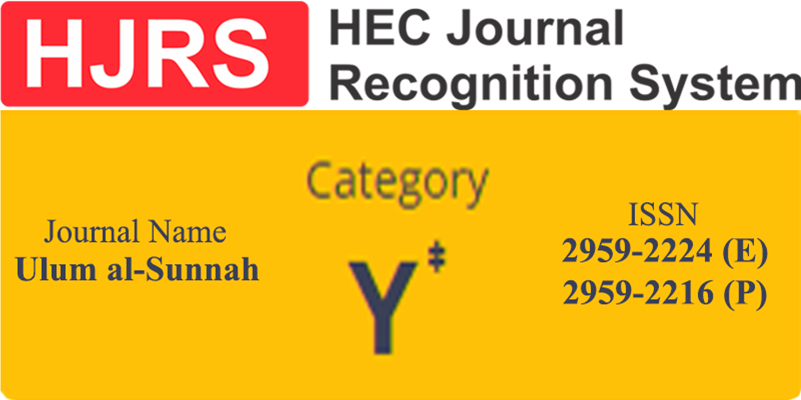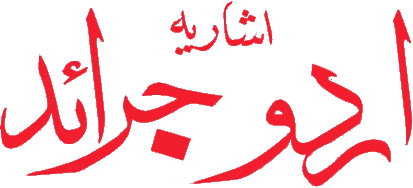Current Dimensions of Fiqh al-Hadith: A Case Study of Women Empowerment
DOI:
https://doi.org/10.5281/zenodo.11275387Keywords:
Administrative measures in Hadiths, Authoritative, Women EmpowermentAbstract
Contemporary Muslim Women are trapped ideologically by the two varieties of Jahiliyyah, as Abdul Halim Muhammad Abu Shaqgah has analysed: 1. the Jahiliyyali of extremism, exaggeration and blind following to forefathers as prevailing the fourteenth century Hijrah of Muslim society; 2. the Jahiliyyah of 21st century Christian era rooted in ultra liberalism, foninisim and a blind following to the West. Both the varieties of Jahiliyyalt constitute a violation of the Shariah dictates and Islamic teachings. Position of women under the Prophet of Islam is to be restored and revived if Islamic awakening in the contemporary world is to be retained in the right direction. This is repeatedly emphasized by Professor Fazlur Rahman Faridi (1932-2011) in his editorials published in the Monthly Zindagi Nau New Delhi, and by Dt.Muhammad Nejatullah Siddiqi in his book Magasid – e Shariat.
The issue of socio-political rights of women in Islam has been a highly debatable and equally controversial issue in the modern Muslim world. The scholars are mainly divided into two groups. One group of scholars seems to be traditional exclusively and negates all political rights to be conferred upon the women. They limit women's activities within the household sphere and discuss politics and socialization out of context in this regard. They explain the verses of the Qur’ān and traditions of the Prophet as well as Islamic history to substantiate their arguments. Maulana Ashraf Ali Thanavi (1863-1943), Maulana Muhammad Idrees Kandhlavi (1899-1974) and other theologians of all the sunni schools of thought form this group.
Downloads
Published
How to Cite
Issue
Section
License
Copyright (c) 2023 Dr. Obaidullah Fahad

This work is licensed under a Creative Commons Attribution-NonCommercial 4.0 International License.
This is an open-access journal which means that all content is freely available without charge to the user or his/her institution. Users are allowed to read, download, copy, distribute, print, search, or link to the full texts of the articles, or use them for any other lawful purpose, without asking prior permission from the publisher or the author. All articles are available on the internet to all users immediately upon publication. Non-commercial use and distribution in any medium are permitted, provided the author and the journal are properly credited.











 Research Journal Indexed by Google Scholar
Research Journal Indexed by Google Scholar